Racial and ethnic diversity among HIV researchers is at a low and undesirable level. The Fostering Diversity in HIV Research Program is supported by the National Institutes of Health (R25MH119857) and designed to help overcome some of the barriers underrepresented in medicine/public health (URM) trainees face, thus advancing their careers and enriching scientific discovery. The program provides structured mentoring from faculty at Mass General Hospital and Harvard T.H. Chan School of Public Health to create an environment welcoming for URM trainees and supportive of rigorous research. It involves formal didactics and community of practice events (once each month), as well as high quality mentoring tailored to each individual trainee and their stage of training. Funding is available to support research, as well as enable conference attendance, travel (if needed), and open source manuscript publication. Program participation is expected for at least one year, but is encouraged to last as long as desired by the trainee.
Trainee research will address the following key areas of the HIV continuum of care both domestically and globally:
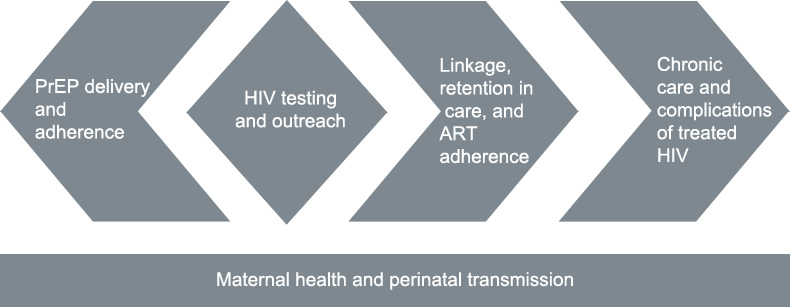
Program Applicants
For Mentors
MENTEES IN THE FOSTERING DIVERSITY PROGRAM
2023-2024

Flavio Mesquita

As a doctoral candidate in the Virology Program at Harvard University, my academic journey has involved collaborations with leading researchers at both the University of Sao Paulo and the University of Virginia, supported by a Fulbright Scholarship. This journey has enriched my research, enabling me to contribute to the understanding of various viruses, such as HIV, flaviviruses, and those causing respiratory illnesses. Currently, under the guidance of Professor Jonathan Li, my focus is on unraveling the mysteries of HIV’s reservoirs and the virus’s persistence strategies, with the ultimate aim of contributing to the search for an HIV cure.
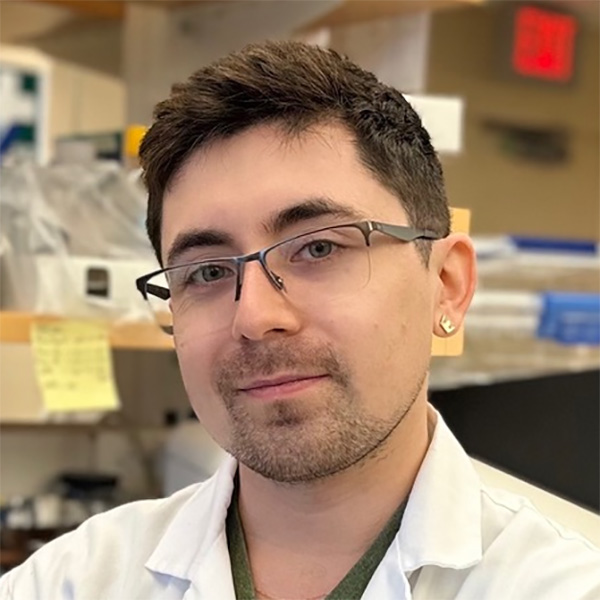
Nicolás Galvez

Nicolás is a Chilean Postdoctoral Research Fellow at the Ragon Institute of MGH, MIT and Harvard. His current research with Dr. Alejandro Balazs focuses on finding therapies against HIV and understanding the antibody- and immune-mediated viral evolution of this virus. By evaluating different mutations and evolutionary routes that HIV takes to escape broadly neutralizing antibodies (bNAbs) administered via Adeno Associated Vectors (AAV), Nicolás hopes to find an optimal combination of treatments that force HIV to mutate into variants unable to grow and evade the immune system properly. Before joining Dr. Balazs’s laboratory, Nicolás did his PhD and undergraduate studies at Pontificia Universidad Católica de Chile with Dr. Alexis Kalergis. There, he worked in the development and evaluation of vaccines against RSV and hMPV. As part of the LGBTQIA+ community, Nicolás is also personally interested in improving the current treatments and prevention alternatives against HIV.
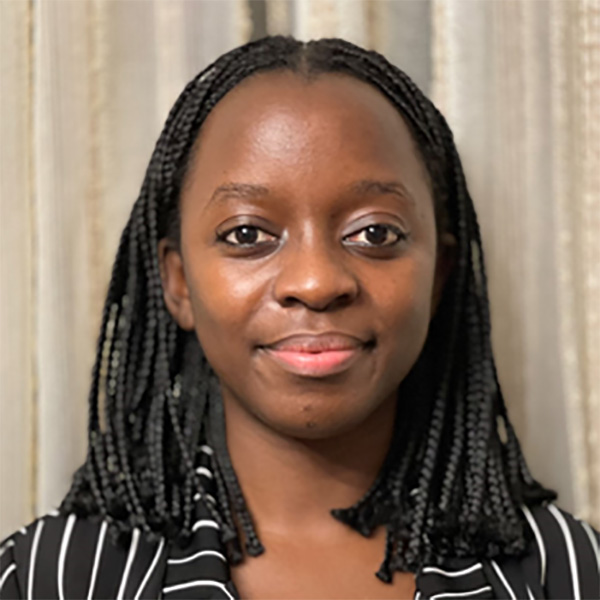
Valencia Lambert

Valencia Lambert is a Tanzanian who is currently a second-year Master of Science student in the Global Health and Population department; with concentrations in infectious disease epidemiology and maternal and child health. She holds a BSc in Global and Public Health Sciences. Prior to enrolling into Harvard T.H.Chan School of Public Health, she worked for the Center for Global Health at Weill Cornell Medicine. Throughout her position at Weill Cornell Medicine, she was based in Tanzania and worked primary on two projects focused on family planning and female genital schistosomiasis. She is passionate about women’s health; specifically examining how to improve health outcomes of women in low and middle income countries through innovative interventions that focus on health promotion.

Taylor Robinson

Taylor J. Robinson is a PhD student in Population Health Sciences in the Social and Behavioral Sciences Department of Harvard T.H. Chan School of Public Health. She studies spatial and social epidemiology, with the broad goal of spatially analyzing the causal and historical relationship between location-based factors and racial health disparities. Her work centers housing safety issues, chronic neighborhood disinvestment, and other forms of systemic racism as factors that exacerbate chronic respiratory conditions. She is a Stamps Scholar, received a B.A. in Communication Rhetoric from the University of Pittsburgh, and an accelerated MPH in Epidemiology from the University of Pittsburgh School of Public Health.

Marcella Cardoso

Marcella was born in Brazil, where she specialized in Obstetrics and Gynecology. She earned her Master’s in Maternal and Perinatal Health, focusing on Clinical Reproductive Immunology and Fetal Medicine. Marcella pursued her Ph.D. in Gynecologic Oncology and Breast Cancer at the University of Campinas, Brazil, in collaboration with Harvard Medical School-Massachusetts General Hospital, U.S., where she completed her studies and defended her thesis at the end of 2021. As a Postdoctoral Research Fellow at the Ragon Institute of MGH, MIT, and Harvard, she actively coordinates and conducts research in developing effective immunotherapies and cellular therapies against malignancies such as Breast Cancer. Additionally, her primary research focus is on Infectious Diseases, including HIV-1, Monkeypox, and SARS-CoV-2. Marcella is passionate about causes related to Women’s Health and those that concern minorities. She is a part of the leadership team at WISE (Women in STEM), where she promotes guidance and support in addressing women’s unique needs and obstacles in science. With a passion for global health equity intersecting with social justice, her professional interests lie in HIV-related issues in maternal health and perinatal transmission with a focus on low- and middle-income countries (LMICs).

Déjà Clement

Déjà Clement is a clinical psychology doctoral candidate at Oklahoma State University and clinical fellow at Massachusetts General Hospital/Harvard Medical School on the Behavioral Medicine Track. While obtaining her Ph.D., she also obtained her Master of Public Health (MPH) with an emphasis in Rural and Underserved Communities. Her research and clinical work broadly focus on understanding and addressing social and structural barriers to care and developing culturally informed interventions to improve HIV and substance use outcomes for individuals who hold multiple marginalized identities and stigmatized behaviors.

Sabrina Ebengho

Sabrina Ebengho is a Master of Public Health candidate at the Harvard T.H. Chan School of Public Health and an immigrant from the Democratic Republic of Congo. Before joining Harvard, she earned her Bachelor of Arts in Public Health – Global Health from the University of Washington. Sabrina’s professional expertise lies in community-based public health research and practices that intentionally center equity and marginalized communities, particularly BIPOC individuals and immigrants, refugees, and migrants. Her areas of interest encompass social determinants of health, maternal and child health, HIV, and health systems strengthening. She is deeply passionate about scrutinizing the inequities embedded in all facets of health systems to inform policies and interventions that adequately address disparities and improve health equity, quality, and outcomes.

Temiwunmi Akinmuleya

Temiwunmi Akinmuleya is a master’s student in Global Health and Population at Harvard Chan School of Public Health. Before embarking on her graduate education, she lived and worked in Nigeria, balancing roles in the private sector with volunteer work at a nonprofit focused on enhancing population health outcomes in Africa. Temi started her career as a clinical pharmacist on the frontlines, later transitioning to roles in Regulatory and Medical Affairs, where she contributed to efforts to broaden access to medicines on the African continent. Presently, as a research assistant at the Harvard School of Public Health, Temi actively contributes to evidence generation for the Lancet Commission on the Future of Health and Economic Resilience in Africa. Her research focuses on Infectious Disease Epidemiology, particularly at the intersection of maternal and child health. Temi’s work in HIV has focused on perinatal outcomes in pregnant women living with HIV as well as strategies for improving adherence. Going forward, Temi aspires to leverage research to spotlight interventions that enhance HIV care accessibility in vulnerable populations.
2022-2023

Matthew Adan
Matthew Adan is a first-year internal medicine resident at Massachusetts General Hospital. He obtained an MD and MS in Biomedical Sciences from Columbia University before moving to Boston for residency. He is interested in the HIV reservoir and the mechanisms of HIV persistence during antiretroviral therapy, which he studied at the National Cancer Institute’s HIV Dynamics and Replication Program. He is also broadly interested in HIV prevention and LGBTQIA+ health and has published on these topics. He hopes to pursue further training in infectious diseases after finishing residency.
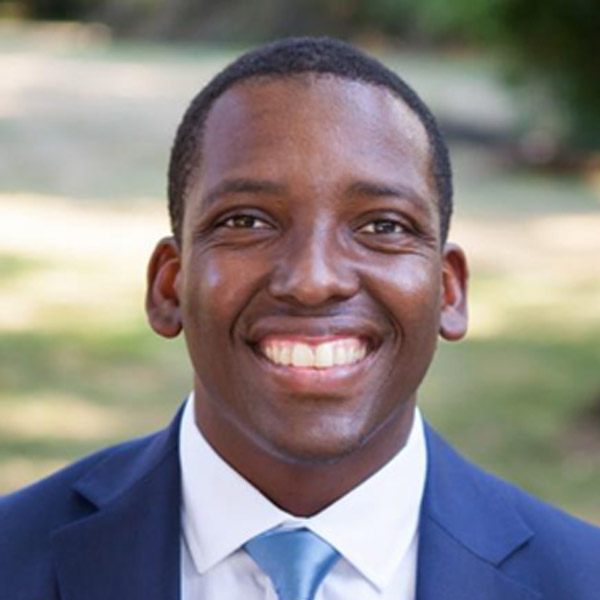
Matheus Oliveira De Souza
Matheus is a fifth year PhD candidate at The University of Kansas, and the Ragon Institute of MGH, MIT, and Harvard. As a graduate research assistant at Dr. Brandon DeKosky’s laboratory, Matheus’ research focuses on the application of novel technologies, such as yeast display and next generation sequencing, for understanding humoral immune responses to infectious diseases. Moreover, Matheus works on the discovery and optimization of monoclonal antibodies that can be used as diagnostic tools, therapeutics, and can guide vaccine development against HIV, Yellow Fever, Malaria, and SARS-CoV-2. Before joining Dr. Brandon DeKosky’s group for his PhD, Matheus worked with Dr. Leda Castilho at the Federal University of Rio de Janeiro in Brazil developing processes for the production of new vaccine candidates and diagnostic kits. Matheus is also passionate about youth mentoring and being involved in diverse programs that provide support to high school and college students.

Idongesit Sampson
Idongesit Sampson is an MPH student at the Harvard T. H. Chan School of Public, concentrating in Health and Social Behavior, and Maternal and Child Health. She holds a BSc. in Biological Science and worked in health development prior to her time at Harvard. Some of her previous experiences included working with governments and donors to design and implement health interventions to improve health access to women and children, including improving immunization access to children across security-compromised states in Nigeria. She also led health supply chain strengthening efforts and capacity development initiatives for health managers in Nigeria; landscape analysis and strategy development for optimization of disease diagnostics system for Nigeria and Kenya; as well as other strategy design and implementation across other African countries.
Idongesit is interested in the intersection of social determinants of health and health outcomes in LMICs, as well as innovations targeted at promoting health equity and environmental sustainability.
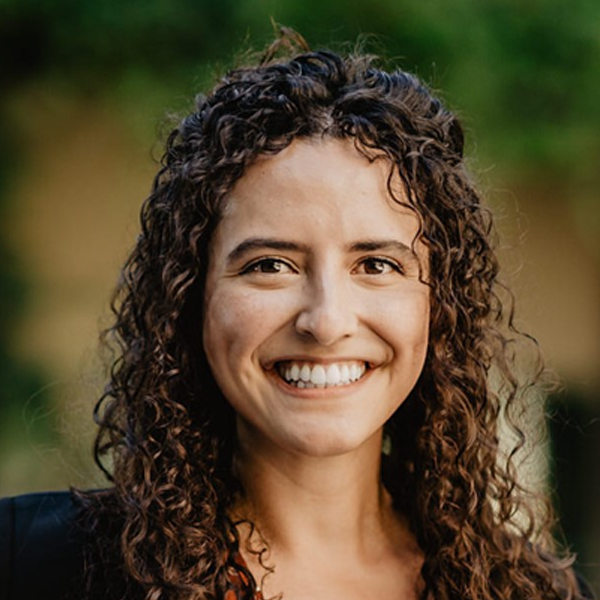
Janae Briggs
Born and raised in California, Janae Briggs is a current Master of Science student at the Harvard T.H. Chan School of Public Health. She is studying Epidemiology with a concentration in Infectious Disease. Her research interests intersect social justice and infectious disease transmission in low-resourced settings. With a passion for global health equity, she is working to define a novel tool that captures the socioeconomic status of individuals living with HIV and TB in lower- and middle-income counties.
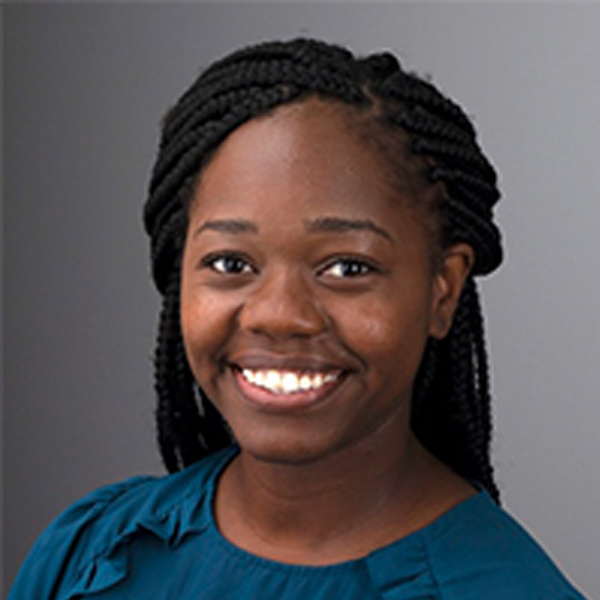
Bridgette Wamakima
Bridgette Wamakima is currently a 4th year OB/GYN resident at Beth Israel Deaconess Medical Center. She received her medical degree from USC-Keck School of Medicine. While completing medical school, she also obtained her Masters’ in Business Administration (MBA) at USC-Marshall School of Business. Her professional interests are in maternal and reproductive health with focus on LMICs. She has been accepted into the Brigham and Women’s Hospital OB/GYN Global health fellowship, where she will obtain an MPH and spend two years focused on research abroad on HIV-related issues in maternal and reproductive health.
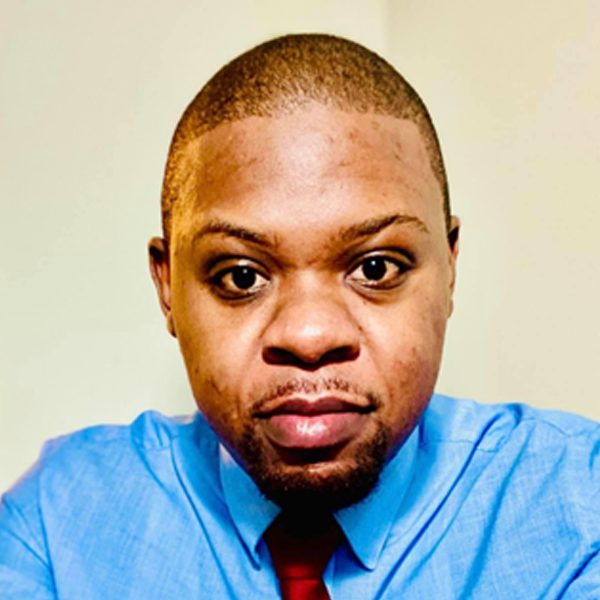
Letumile Rodgers Moeng
Rodgers hails from Botswana, a diamond rich south African country that has been hardly hit by the scourge that is HIV/AIDS. This amongst other reason is why he decided to enter this field of medicine. He completed general medicine training at the University of the West Indies, Trinidad in 2014. Following this he worked in Botswana running the largest HIV Clinic in country and that is where his interest in HIV medicine began. In 2021 he completed internal medicine residency training at Howard University Hospital in the nation’s capital and he is currently a senior infectious diseases fellow at Beth Israel Deaconess Medical Center and the Harvard Medical School. During this training he completed the program in clinical effectiveness at the Harvard T.H. Chan School of Public Health gaining a lot of experience in Biostatistic, Epidemiology and Implementation science. He is interested in HIV prevention, determinants of PrEP uptake in young people and currently work with Rebecca Zash and Roger Shapiro studying use of novel HIV injectables as PrEP in post-partum women.
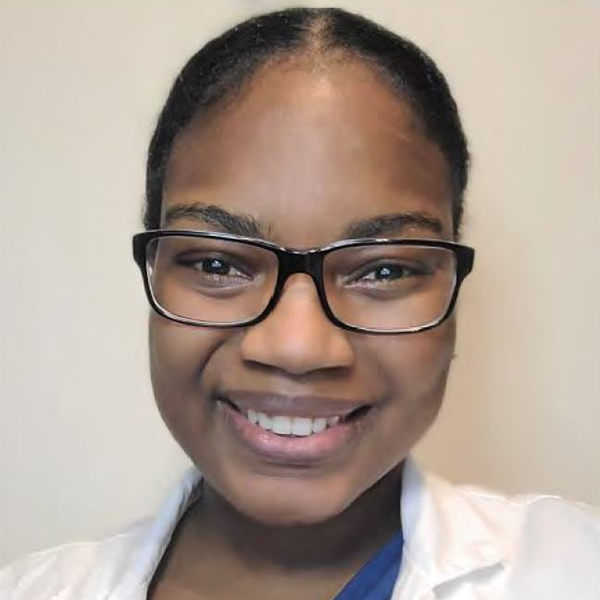
Jodi Pinkney
Jodi is an Infectious Diseases (ID) physician and early career physician-scientist at the Massachusetts General Hospital. She completed her MBBS and DM at the University of the West Indies in Jamaica, after which she served as the clinical coordinator for the Center for HIV/AIDS, Research and Education Services (an urban specialized clinic serving the third largest cohort of PLHIV in Jamaica). She subsequently did her Internal Medicine residency at the University of South Carolina prior to joining the MGH/BWH Infectious Diseases fellowship program in 2020. She is broadly interested in improving the availability of epidemiologic data for ID-related preventive health measures among reproductive-aged Caribbean women including vaccine uptake, HIV testing and PrEP awareness. During her fellowship, she completed the Program in Clinical Effectiveness at the Harvard T.H. Chan School of Public Health where she acquired skills in biostatistics (STATA), epidemiology, quality improvement and decision analysis. Her mentors are Laura Bogart, Bisola Ojikutu, Emily Hyle and Rocio Hurtado.
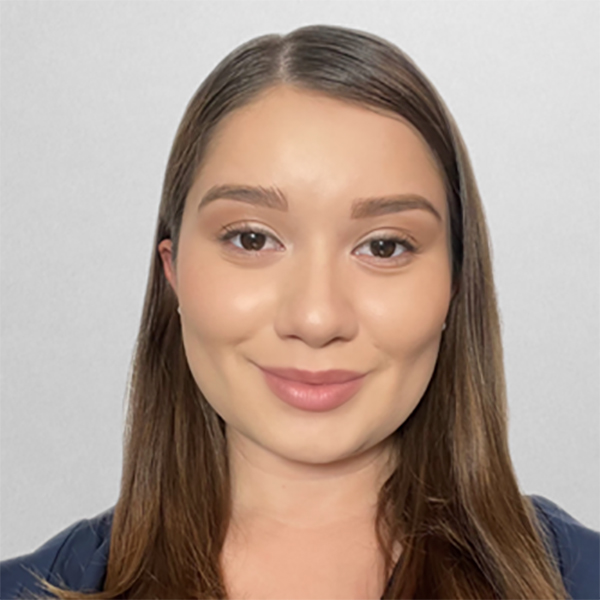
Stacey Ruiz
Stacey Ruiz is a Salvadoran-American passionate about the intersection of biology and global health, specifically in advocating for HIV prevention and care delivery improvement among Latinx/a/o communities. She is a second year Master’s of Science candidate in the Global Health and Population department at Harvard T.H. Chan School of Public Health. Stacey has prior experience conducting community-based quantitative research through the lens of Latin American communities both domestically and internationally. She has partnered with members of UNAIDS and El Salvador’s Ministry of Health to study associations between patient health knowledge and trust in providers with treatment adherence and viral suppression among people living with HIV in San Salvador. Additionally, Stacey has interned with the Research Synthesis and Translation Team at the CDC assisting with qualitative coding of published HIV Data-to-Care interventions. After completing her Master’s, Stacey hopes to pursue medical school. During her free time, she enjoys exploring coffee shops and panaderias.
2021-2022
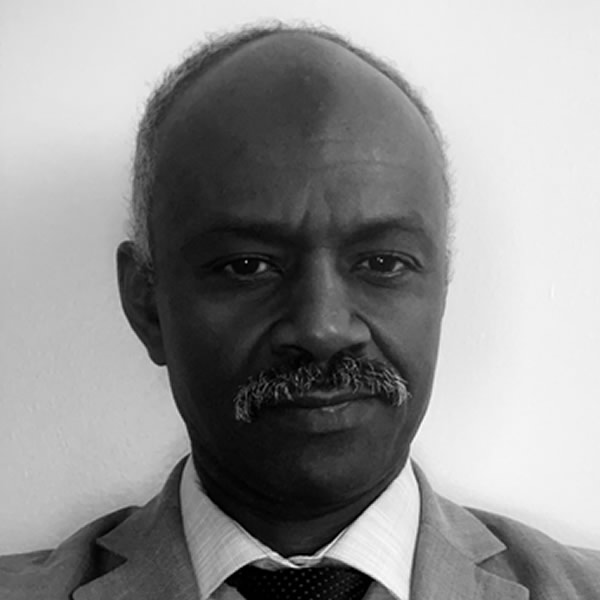
Abubaker Saeed
Abubaker is a research scientist with extensive project experience from conception to development. He obtained his Ph.D. in Pharmacy Practice from the University of Gezira Sudan, and then worked as a university professor in different pharmacy colleges in Sudan and Saudi Arabia. Dr. Saeed’s main research interest is antibiotic use and consumption, focusing on pharmacoepidemiology of anti-HIV drugs, anti-HIV medication adherence, and polypharmacy among HIV patients.
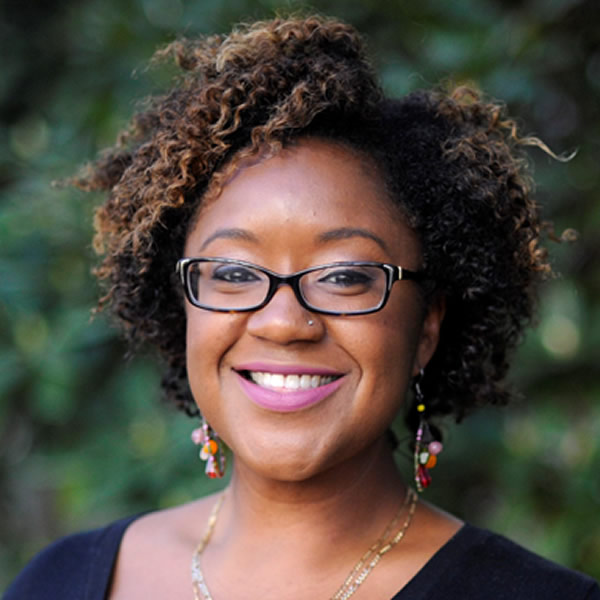
Lorraine Lacroix-Williamson
Lorraine is a Population Health doctoral student at Northeastern University, with a focus on social epidemiology. She has worked in HIV prevention research and sexual education for over 15 years, with a focus on reducing women’s HIV risk in urban communities. Using a sex-positive framework, her research investigates how sociocultural factors influence sex communication to mitigate women’s sexuality and HIV risk outcomes among marginalized populations. Lorraine holds a BS in Human Physiology from Boston University, and a Master of Public Health in Epidemiology from Rutgers University.

Juan Luis Santana Guerrero
Juan Luis is currently in the Master of Public Health in Epidemiology (MPH-EPI) Program (May ’23). Born in Boston and raised in great part in the Dominican Republic (DR), he completed medical school in the DR and is currently working full-time in the National Health Service of the DR as Coordinator of Analysis and Studies, as well as teach Information Technology and Research Methods courses at O&M Medical School in the DR. In addition, he enjoys learning about computer programming as a hobby and is interested in applying artificial intelligence/machine learning concepts to public health. He also likes green tea.

Christina Fennel
Christina is a third-year PhD student in the Department of Epidemiology. Under the guidance of Dr. Roger Shapiro, her work focuses on evaluating how the availability of free antiretroviral therapy for non-citizen living with HIV in Botswana impacted the maternal health and pregnancy outcomes of non-citizen women living with HIV. Fennell received her Master of Science degree in Epidemiology from Harvard University in 2019 and her Bachelor of Science degree from Spelman College in 2016.
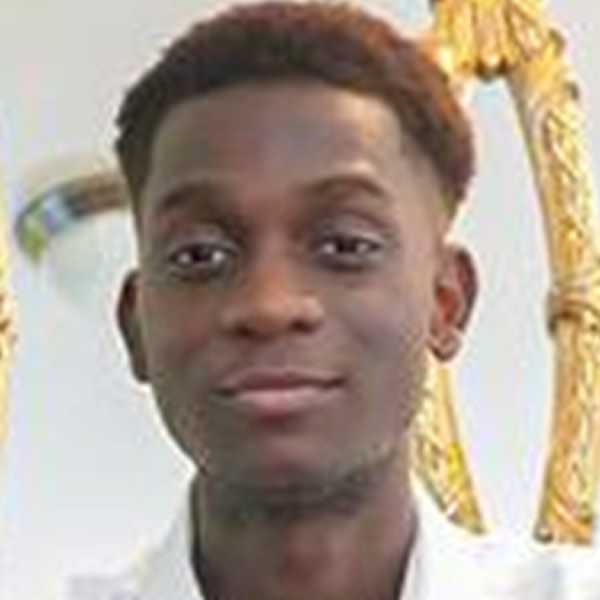
Esias Bedingar
Esias is a PhD Student in the Population Health Sciences program at the Graduate School of Arts and Sciences, based at the Harvard T.H. Chan School of Public Health in the Global Health and Population Department. He specializes in Health Systems, Economics, and Decision Sciences. As a doctoral student, Esias is interested in identifying health system priorities in Chad, and designing community-based health insurances (CBHI) schemes, and measuring their impact on access and quality of care. Additionally, he aims to create a think tank in Chad to generate solutions to health system issues, especially supporting African governments in the reform of their health systems.
Most recently, Esias’ interest in quality of care led him to work for UNICEF HQ, where he performed a field mission in Côte d’Ivoire Country Office and engaged with local stakeholders to produce a case study on the progress on pediatric quality of care at community level. Prior to joining UNICEF, Esias was an Associate Consultant at Acasus where he supported the Chadian’s Ministry of Health’s efforts to improve immunization coverage among children across Chad.

Roman Johnson
Dr. Johnson’s research interests revolve around how neighborhoods structure cancer screening across race/ethnicity. Currently, Dr. Johnson is working on submitting cancer screening publications, researching risk-stratification in several cancer sites, and assisting Harvard researchers in developing a protocol for risk-stratification for prostate cancer in African-American men.
2020-2021
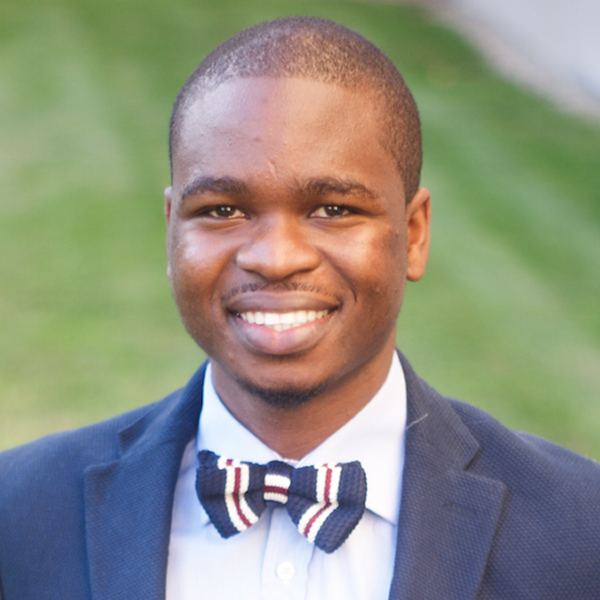
Adedotun Ogunbajo

Adedotun Ogunbajo holds a PhD in behavioral and social health sciences from Brown University and an MPH in social and behavioral sciences from Yale University. His dissertation explored how psychosocial health outcomes and substance use influences sexual risk taking among gay and bisexual men in Nigeria. As a Yerby Fellow, he is continuing to broadly focus on the intersection of structural barriers and sexual health outcomes among racial and sexual minority communities both in the United States and various Sub-Saharan African countries.
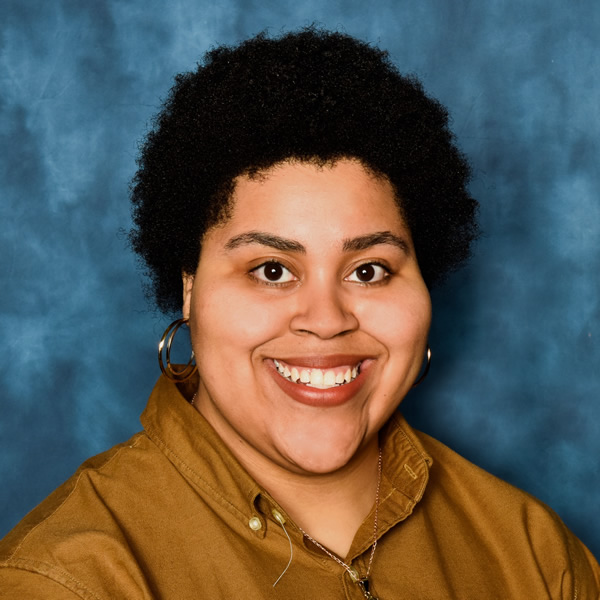
Aharisi Bonner
 Aharisi Bonner is an MPH candidate in Health Policy at the Harvard T.H. Chan School of Public Health. She obtained her Bachelors in Urban Studies and Sociology from Barnard College, Columbia University. Aharisi’s professional background consists of examining social determinants of health and researching reproductive health policies that expand and restrict access to reproductive healthcare services. She is passionate about health insurance policy and interested in researching the intersection between HIV and insurance coverage.
Aharisi Bonner is an MPH candidate in Health Policy at the Harvard T.H. Chan School of Public Health. She obtained her Bachelors in Urban Studies and Sociology from Barnard College, Columbia University. Aharisi’s professional background consists of examining social determinants of health and researching reproductive health policies that expand and restrict access to reproductive healthcare services. She is passionate about health insurance policy and interested in researching the intersection between HIV and insurance coverage.
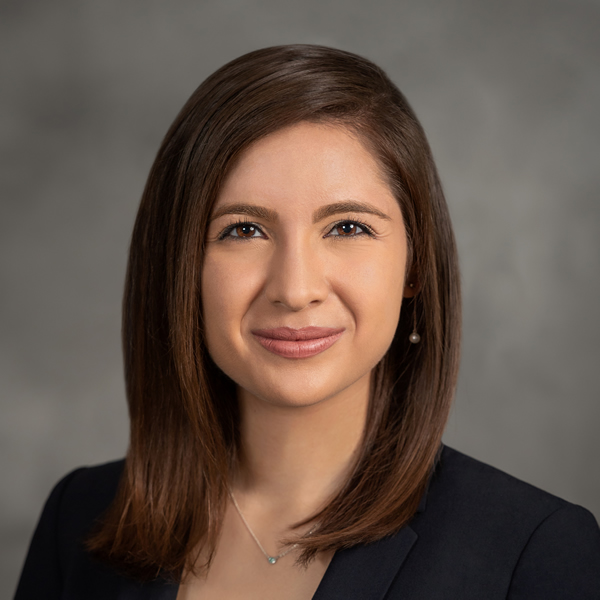
Aliya Moreira
 Aliya Moreira is a master’s degree candidate in public health at the Harvard T.H. Chan School of Public Health specializing in global health and infectious disease epidemiology as well as a medical student at the University of Michigan Medical School. She plans to pursue a career as an infectious disease physician. She is interested in mental health issues for people with HIV and in particular, stigma among adolescents affected by HIV.
Aliya Moreira is a master’s degree candidate in public health at the Harvard T.H. Chan School of Public Health specializing in global health and infectious disease epidemiology as well as a medical student at the University of Michigan Medical School. She plans to pursue a career as an infectious disease physician. She is interested in mental health issues for people with HIV and in particular, stigma among adolescents affected by HIV.

Anisa Khadraoui
 Anisa is in the early stages of her career as an HIV investigator. As a Project Manager of the Pediatric HIV/AIDS Cohort Study network and the Health Outcomes around Pregnancy and Exposure to HIV/ARVs study Anisa has an interest in examining how young adults living with perinatally diagnosed HIV transition from their pediatric to adult healthcare. Anisa is pursuing her MPH in Health Policy and Law at the Boston University School of Public Health and aims to work at the intersection of engaging stakeholders, assessing resources, actively engaging in gathering and analyzing data and contextualizing it in the framework of policy and empowering communities.
Anisa is in the early stages of her career as an HIV investigator. As a Project Manager of the Pediatric HIV/AIDS Cohort Study network and the Health Outcomes around Pregnancy and Exposure to HIV/ARVs study Anisa has an interest in examining how young adults living with perinatally diagnosed HIV transition from their pediatric to adult healthcare. Anisa is pursuing her MPH in Health Policy and Law at the Boston University School of Public Health and aims to work at the intersection of engaging stakeholders, assessing resources, actively engaging in gathering and analyzing data and contextualizing it in the framework of policy and empowering communities.

Calvin Fitch
 Calvin Fitch is a postdoctoral clinical research fellow in Behavioral Medicine at Massachusetts General Hospital and an affiliated investigator at The Fenway Institute at Fenway Health. He completed his PhD in Clinical Psychology at the University of Miami. He is broadly interested in psychosocial (e.g., depression, trauma) and structural (e.g., unstable housing) factors that influence HIV/STI risk and HIV mortality in Black MSM. Dr. Fitch hopes to channel these interests into the development of effective and culturally sensitive interventions for racial and sexual minorities at high risk for HIV infection or poorer HIV prognosis. He is currently the recipient of a developmental award from the Harvard CFAR for which he will be investigating facilitators and barriers to uptake and adherence to pre-exposure prophylaxis for HIV.
Calvin Fitch is a postdoctoral clinical research fellow in Behavioral Medicine at Massachusetts General Hospital and an affiliated investigator at The Fenway Institute at Fenway Health. He completed his PhD in Clinical Psychology at the University of Miami. He is broadly interested in psychosocial (e.g., depression, trauma) and structural (e.g., unstable housing) factors that influence HIV/STI risk and HIV mortality in Black MSM. Dr. Fitch hopes to channel these interests into the development of effective and culturally sensitive interventions for racial and sexual minorities at high risk for HIV infection or poorer HIV prognosis. He is currently the recipient of a developmental award from the Harvard CFAR for which he will be investigating facilitators and barriers to uptake and adherence to pre-exposure prophylaxis for HIV.
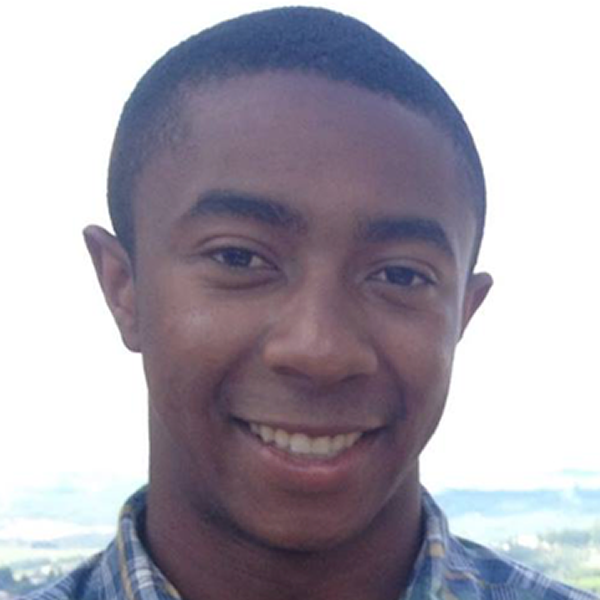
Eddie Irvine
 Eddie is a Ph.D. candidate and NIH F31 Pre-doctoral Fellow in the Biological Sciences in Public Health program at the Harvard T.H. Chan School of Public Health. For his doctoral work, Eddie works jointly in the laboratories of Galit Alter and Sarah Fortune, where he leverages systems immunology and antibody engineering strategies to study the humoral immune response to tuberculosis, and the humoral immune response elicited in the setting of HIV/tuberculosis co-infection.
Eddie is a Ph.D. candidate and NIH F31 Pre-doctoral Fellow in the Biological Sciences in Public Health program at the Harvard T.H. Chan School of Public Health. For his doctoral work, Eddie works jointly in the laboratories of Galit Alter and Sarah Fortune, where he leverages systems immunology and antibody engineering strategies to study the humoral immune response to tuberculosis, and the humoral immune response elicited in the setting of HIV/tuberculosis co-infection.
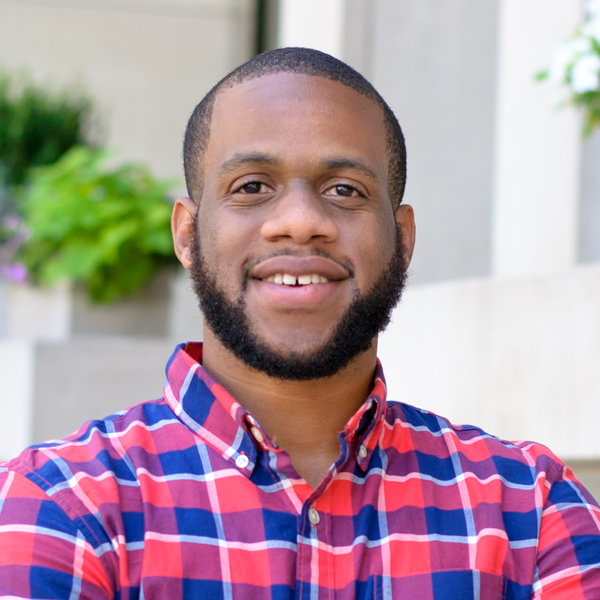
Jemar Bather
 Jemar R. Bather is a Biostatistics Ph.D. Candidate at Harvard University. Before joining Harvard, he was a quantitative research assistant at New York University, where he examined disparities across public health schools. He and his co-authors published this work in the Public Health Reports. His current research focuses on statistical methods for improving health outcomes among infants born to women living with HIV. Beyond his research, Jemar specializes in coaching prospective doctoral students through their application process. Jemar holds a B.S. in Statistics from Pennsylvania State University, an M.S. in Applied Statistics from New York University, and an M.A. in Biostatistics from Harvard University. He is also the founder of the NYU Chapter of the National Statistics Honor Society. For this service and his involvement with NYU’s statistics club, he received two graduation awards at NYU (President’s Service Award and Samuel Eshborn Service Award).
Jemar R. Bather is a Biostatistics Ph.D. Candidate at Harvard University. Before joining Harvard, he was a quantitative research assistant at New York University, where he examined disparities across public health schools. He and his co-authors published this work in the Public Health Reports. His current research focuses on statistical methods for improving health outcomes among infants born to women living with HIV. Beyond his research, Jemar specializes in coaching prospective doctoral students through their application process. Jemar holds a B.S. in Statistics from Pennsylvania State University, an M.S. in Applied Statistics from New York University, and an M.A. in Biostatistics from Harvard University. He is also the founder of the NYU Chapter of the National Statistics Honor Society. For this service and his involvement with NYU’s statistics club, he received two graduation awards at NYU (President’s Service Award and Samuel Eshborn Service Award).

Lerato Magosi
 Lerato Magosi is a statistical geneticist interested in how human genomes contribute to susceptibility to inherited diseases and how pathogen genomes contribute to the spread of infectious disease. During her DPhil in Cardiovascular Medicine at Oxford University she developed statistical methods to dissect heterogeneity in genetic association meta-analyses. Now at the Harvard School of Public Health she uses a combination of computational, statistical and phylogenetic methods to investigate HIV transmission dynamics in the context of HIV prevention trials in sub-Saharan Africa.
Lerato Magosi is a statistical geneticist interested in how human genomes contribute to susceptibility to inherited diseases and how pathogen genomes contribute to the spread of infectious disease. During her DPhil in Cardiovascular Medicine at Oxford University she developed statistical methods to dissect heterogeneity in genetic association meta-analyses. Now at the Harvard School of Public Health she uses a combination of computational, statistical and phylogenetic methods to investigate HIV transmission dynamics in the context of HIV prevention trials in sub-Saharan Africa.
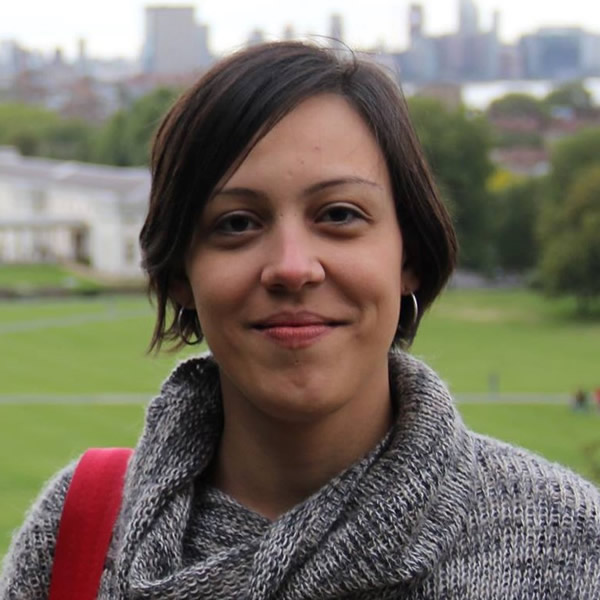
Mariana Meireles
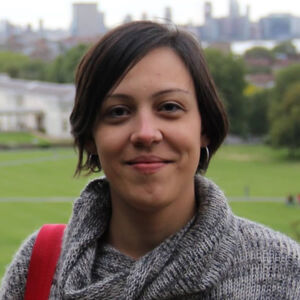 Mariana Meireles is a second year PhD student in Population Health Sciences concentrating in Epidemiology. Before joining HSPH, she worked at the HIV Program at the Ministry of Health of Brazil, where her work focused mostly on the clinical monitoring of HIV and HIV surveillance in the country. She has a BS in Pharmacy and a MSc in Epidemiology of Infectious and Parasitic Diseases from University of Brasilia.
Mariana Meireles is a second year PhD student in Population Health Sciences concentrating in Epidemiology. Before joining HSPH, she worked at the HIV Program at the Ministry of Health of Brazil, where her work focused mostly on the clinical monitoring of HIV and HIV surveillance in the country. She has a BS in Pharmacy and a MSc in Epidemiology of Infectious and Parasitic Diseases from University of Brasilia.

Tiffany Lemon
 Tiffany Lemon is a native of Opelousas, Louisiana and a doctoral candidate studying epidemiology at the Harvard T.H. Chan School of Public Health. Her research interests include studying the impacts of psychosocial and sociopolitical factors that drive HIV disease progression and health inequities among marginalized populations, including individuals living in the southeast US and those impacted by the criminal justice system.
Tiffany Lemon is a native of Opelousas, Louisiana and a doctoral candidate studying epidemiology at the Harvard T.H. Chan School of Public Health. Her research interests include studying the impacts of psychosocial and sociopolitical factors that drive HIV disease progression and health inequities among marginalized populations, including individuals living in the southeast US and those impacted by the criminal justice system.
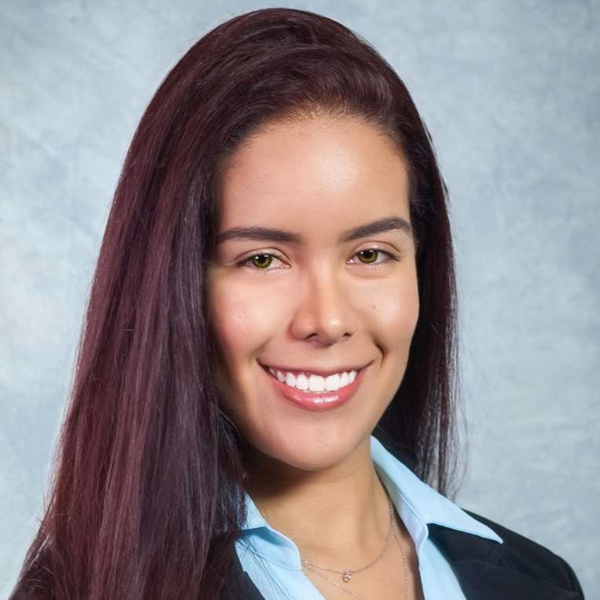
Valentina Vargas
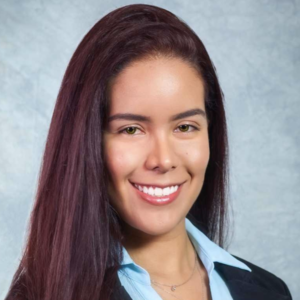 Valentina was born in Colombia but was raised in South Florida where she graduated from the University of Miami. She is now a second year Master’s of Science student in the Global Health and Population department at the Harvard School of Public Health. She is a Harvard Presidential Scholar and also serves as an Equity, Diversity, & Inclusion (EDI) fellow for the Office of Diversity & Inclusion. She is passionate about maternal health and women’s reproductive health in LMICs as well as the intersection of HIV and implementation science. On her free time, she enjoys traveling, going to the beach, and playing with her newly adopted dog.
Valentina was born in Colombia but was raised in South Florida where she graduated from the University of Miami. She is now a second year Master’s of Science student in the Global Health and Population department at the Harvard School of Public Health. She is a Harvard Presidential Scholar and also serves as an Equity, Diversity, & Inclusion (EDI) fellow for the Office of Diversity & Inclusion. She is passionate about maternal health and women’s reproductive health in LMICs as well as the intersection of HIV and implementation science. On her free time, she enjoys traveling, going to the beach, and playing with her newly adopted dog.

Njambi Mathenge
 Njambi Mathenge is currently a cardiology fellow, and chief fellow, within the Division of Cardiology at the Massachusetts General Hospital. She received her medical degree with honors at St. George’s University School of Medicine in Grenada, West Indies, completed residency and chief residency in Internal Medicine at Rutgers New Jersey Medical School, and a Master in Public Health degree at the Rutgers School of Public Health. As a burgeoning global cardiologist and clinical researcher, her current mentored research is focused on investigating the prevalence and determinants of cardiac dysfunction among people living with and without HIV in rural Uganda. She is a recipient of the HBNU Fogarty Global Health Fellowship awarded by the NIH Fogarty International Center in support of this work, including expanding collaborative capacity building initiatives to improve heart failure systems of care in Uganda.
Njambi Mathenge is currently a cardiology fellow, and chief fellow, within the Division of Cardiology at the Massachusetts General Hospital. She received her medical degree with honors at St. George’s University School of Medicine in Grenada, West Indies, completed residency and chief residency in Internal Medicine at Rutgers New Jersey Medical School, and a Master in Public Health degree at the Rutgers School of Public Health. As a burgeoning global cardiologist and clinical researcher, her current mentored research is focused on investigating the prevalence and determinants of cardiac dysfunction among people living with and without HIV in rural Uganda. She is a recipient of the HBNU Fogarty Global Health Fellowship awarded by the NIH Fogarty International Center in support of this work, including expanding collaborative capacity building initiatives to improve heart failure systems of care in Uganda.
EVENTS
TBA
last updated 5/19/2021
PROGRAM LEADERSHIP
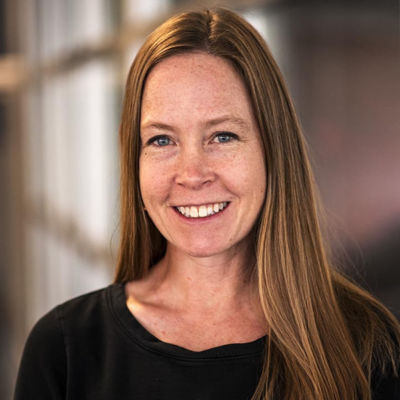
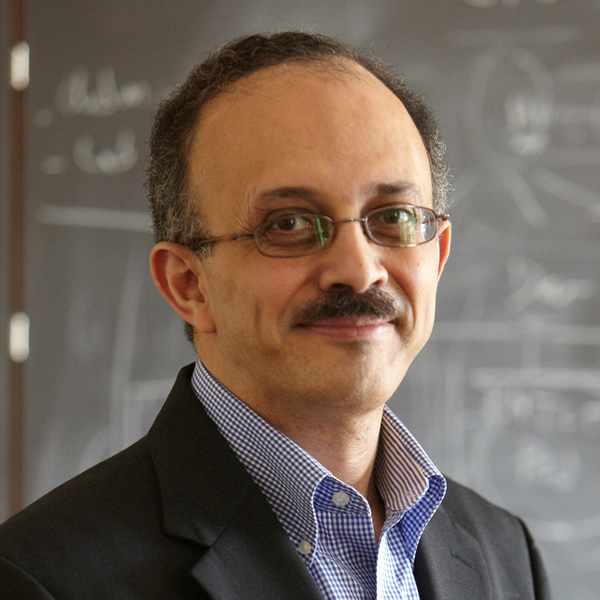

MENTORS IN THE FOSTERING DIVERSITY PROGRAM
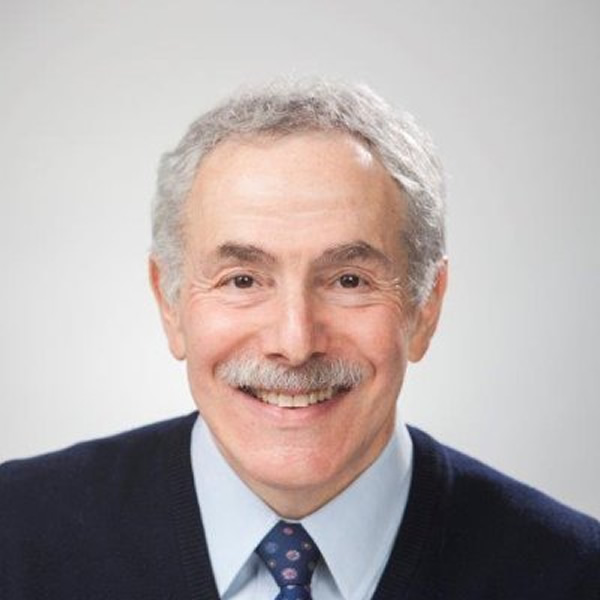
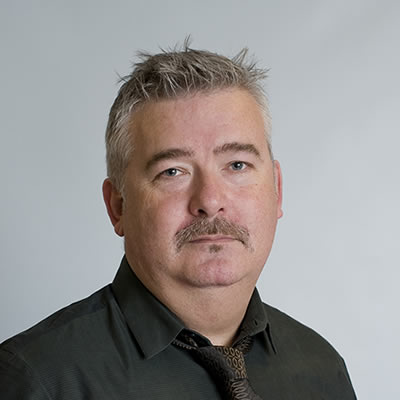
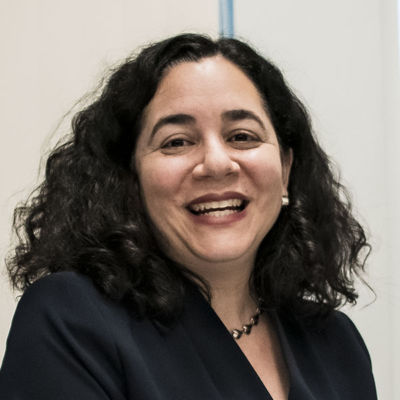

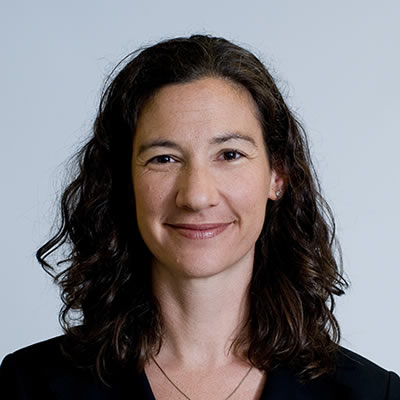



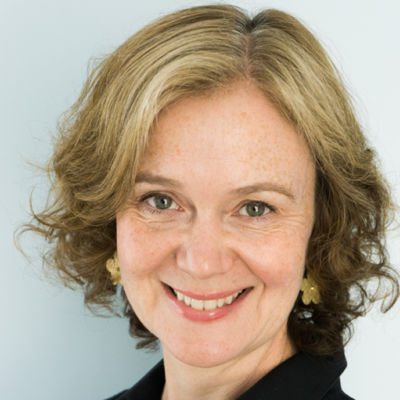

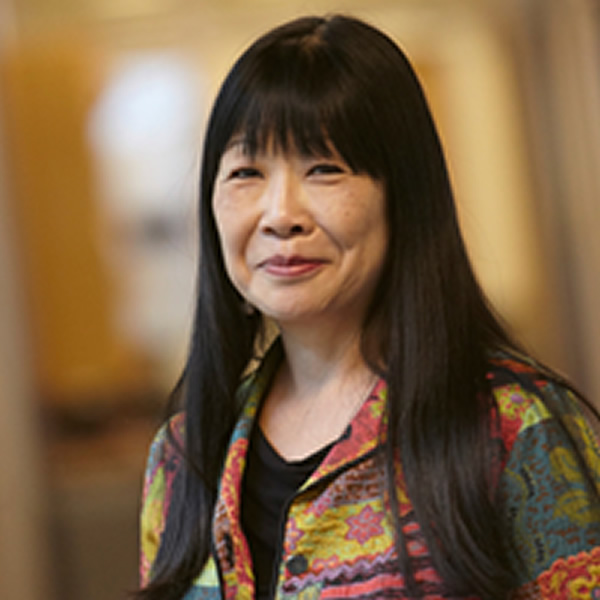


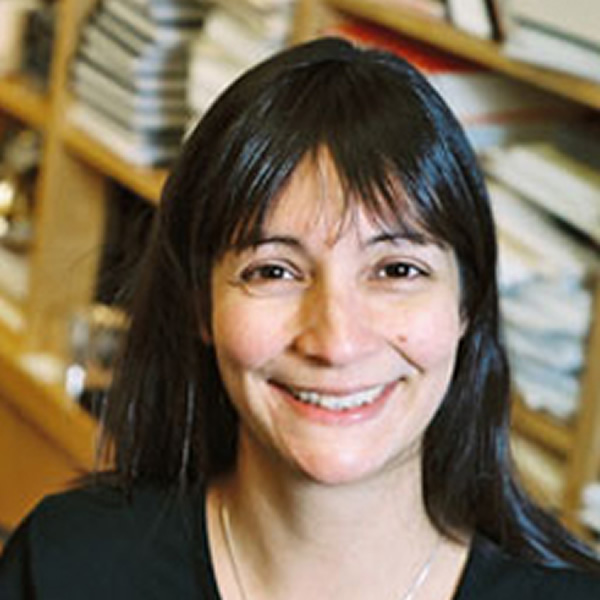
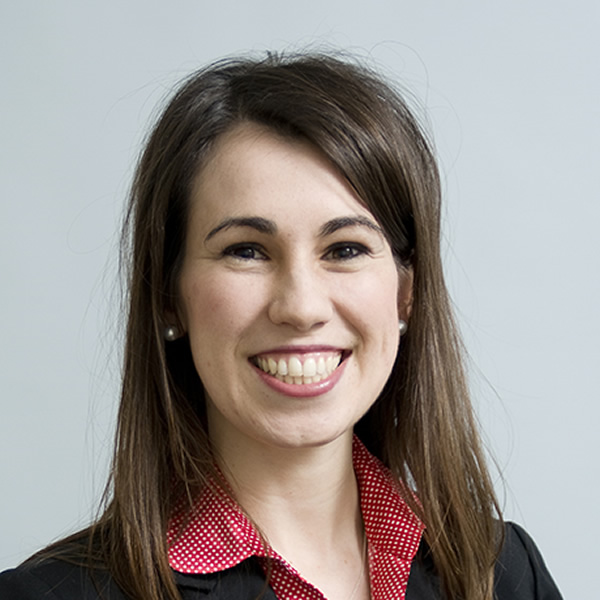


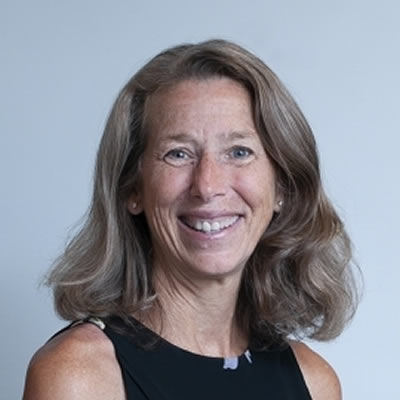


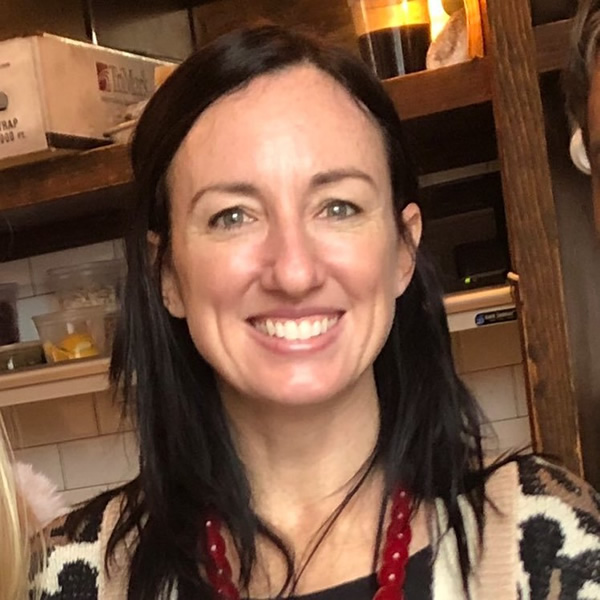
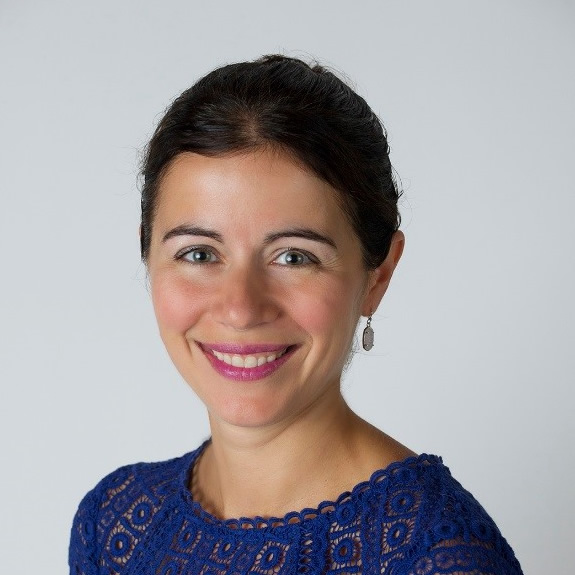

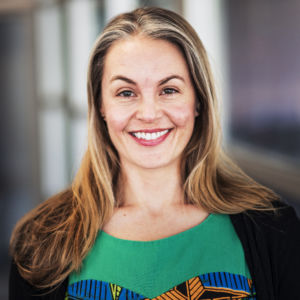

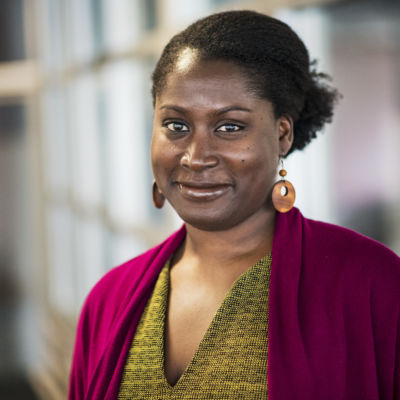

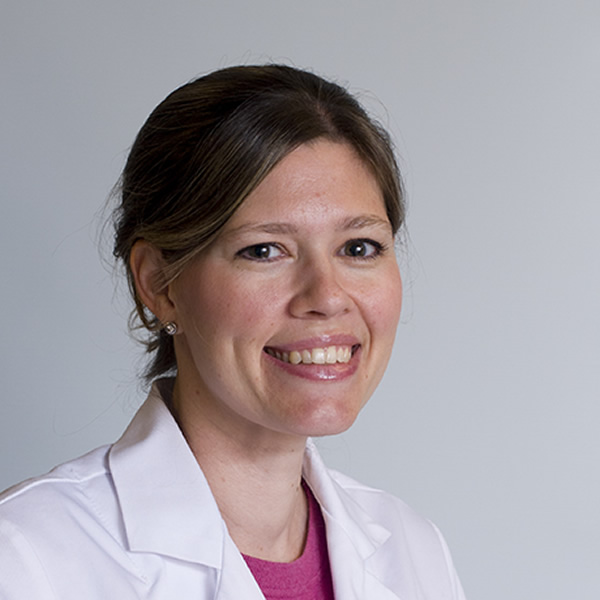
RESEARCH OPPORTUNTIES (Links to external programs)
TBA
last updated 5/19/2021
CONTACT
Please reach out to Program Manager Lindsey Garrison (legarrison@mgh.Harvard.edu) with any questions.












